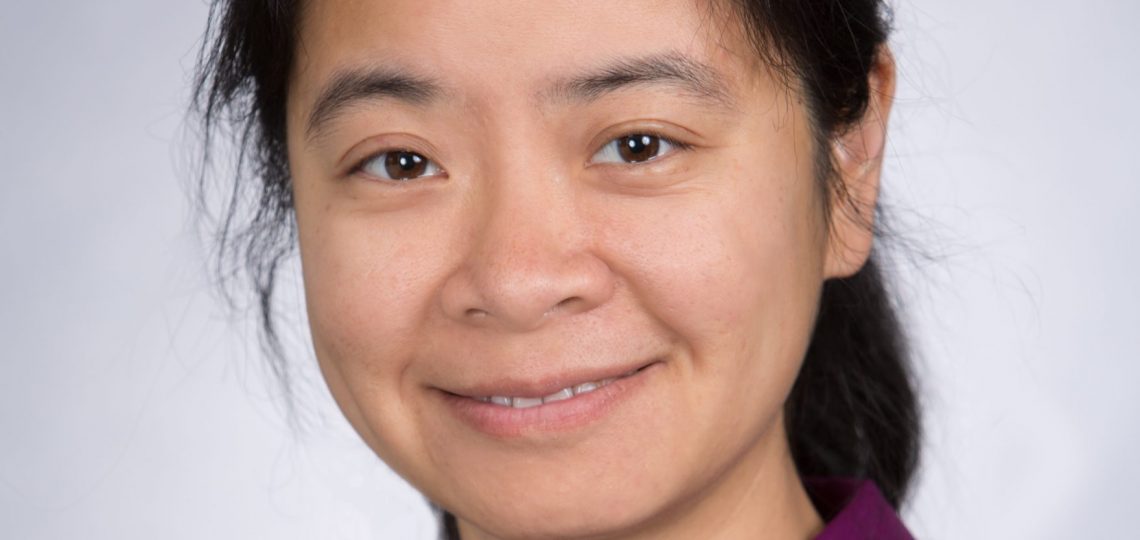Luke Gilbert, PhD
Applying synthetic lethality to eradicate high risk NF1-deficient B-cell acute lymphoblastic leukemia Acute lymphoblastic leukemia (ALL) is a leading cause of cancer-related pediatric death. Many ALL patients are cured but specific sub-types of ALL are lethal. We have developed a new therapy that exploits a common feature of these poor prognosis pediatric leukemias and propose […]
Read more










